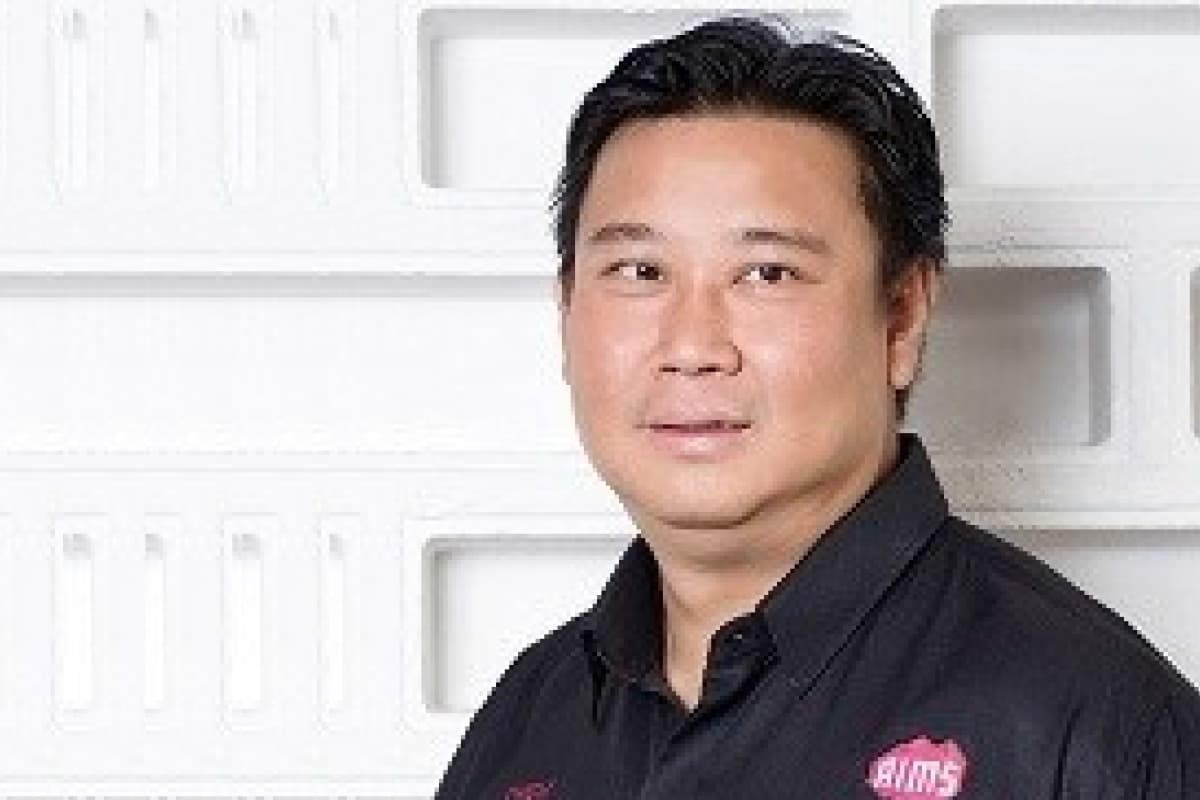
This article first appeared in The Edge Malaysia Weekly on December 7, 2020 - December 13, 2020
WHILE the Malaysia Shipowners’ Association (MASA) chairman Datuk Abdul Hak Md Amin says there are four Malaysian flagged and certified submarine cable repair vessels currently available for use by the industry, tech companies that own the undersea cables beg to differ.
“There are no Malaysian flagged vessels that can undertake repairs of undersea cables according to the best practices recommended by the ICPC (International Cable Protection Committee),” says Chiew Kok Hin, chairman of the Malaysia Internet Exchange (MyIX).
MyIX is an integrator between local and international internet service providers. Submarine cables are crucial as 95% of the world’s voice and data traffic rely on them to be transmitted. These undersea cables, meanwhile, are invariably linked to foreign companies such as Alibaba, Hitachi, NTT, Microsoft, IBM and Bridge Data Centres, among others.
These assertions by Chiew come on the back of a dispute between MASA and tech players brought about by the need for repairs to submarine cables — a job for highly specialised vessels.
While MASA claims there are Malaysian vessels capable of handling the requirements of the tech companies, the players themselves — including Facebook, Google and Microsoft, among others — say there are no such local ships available.
MASA has lauded the cabotage policy that protects domestic shipping companies from foreign competition, and says many of the vessels sought for use are Singaporean flagged and owned, meaning there is little benefit for Malaysian shipping companies.
Nevertheless, former transport minister Anthony Loke Siew Fook had approved an exemption for submarine cable repair vessels in March 2019, after complaints from various parties such as the tech giants about Malaysian vessels not having the requisite specifications to undertake such specialised jobs.
However, current Transport Minister Wee Ka Siong revoked the exemption for cabotage policy for submarine cable repair vessels on Nov 13, 2020. The minister did not reply to requests for an interview.
The tech giants sought to write to Prime Minister Tan Sri Muhyiddin Yassin on Nov 20, seeking his intervention.
In a meeting between Wee and the tech companies a couple of weeks ago, one of the companies threatened to review its cable investments in Malaysia, which could work out to a huge loss for the country.
For instance, the Bay to Bay Express Cable System is a 15,400km trans-pacific optical fibre submarine cable system connecting Singapore, Malaysia, Hong Kong and the US, with landing stations in Grover Beach, California; Changi, Singapore; Chung Hom Kok, Hong Kong; and Cherating, Malaysia.
The Bay to Bay Express Cable consortium consists of China Mobile International, Facebook and Amazon. Due to the US government’s national security concerns, the consortium withdrew from Hong Kong in September. Facebook also abandoned the Pacific Light Cable Network to Hong Kong for similar reasons.
Similarly, Malaysia could also be dropped if such issues persist.
Chiew says, “We have urged MASA to prove which local shipping company or companies have a Malaysian flagged Dynamic Positioning 2 (DP2) cable repair ship. Currently, there are no local vessels with the prerequisite technical capabilities to conduct deep sea repairs. Specifically, there are no Malaysian ships that are DP2.”
DP2 is a technology that provides ships with an extra level of backup in their positioning systems, which is particularly important for deep sea repairs where waters can become choppy. Not having DP2 becomes a safety issue, and cable owners and investors specify DP2 capability as a standard requirement in maintenance contracts due to safety concerns. It is also a requirement of insurance companies.
“It is not the case of local versus foreign. If local companies have the capabilities of what the investors or cable owners want, in terms of suitability, safety, specs and competitiveness, then the cable investors or owners will be more than happy to support [Malaysian companies]. Unfortunately, this is not the case,” says Chiew.
He adds that the recent decision to revoke the exemption for cabotage in submarine cable repair creates risks for Malaysia’s digital infrastructure and growing digital economy, making the country less attractive as a destination for infrastructure investment.
Interestingly, Chiew’s assertions fly in the face of Abdul Hak’s statements last week, when the MASA chairman lauded the federal government’s recent decision to revoke a cabotage exemption that allowed foreign-flagged ships to repair undersea cables in Malaysian waters.
Abdul Hak is managing director of EA Technique (M) Bhd, which is 50.05% controlled by Sindora Bhd, a unit of Johor Corp, the southern state’s investment agency.
During a press conference last week, Abdul Hak reportedly said, “If the telcos apply [for repair works], we’ll see. After two days, if there is no Malaysian ship, we will inform the Ministry of Transport and we can bring in foreign ships. That only takes two to three days.”
This is disputed by Chiew as well. He says the primary cause of delays in fixing damaged submarine cables has been identified as a case of blocking by MASA members, delaying the issue of a Domestic Shipping Licence Exemption Consent Letter (DCL), enabling the fixing of damaged submarine cables. “In the past three years, each and every issuance of DCL [has been blocked], and has caused delays of up to 75 days.”
Delays in repairing submarine cables result in slower internet speeds for users and businesses in Malaysia.
A recent report by think tank Social and Economic Research Initiative (SERI) noted that roughly US$10 trillion in financial transactions are transmitted via deep-sea cables each day, and the International Cable Protection Committee estimates that interruptions of underwater fibre-optics communications systems have a financial impact in excess of US$1.5 million per hour.
Save by subscribing to us for your print and/or digital copy.
P/S: The Edge is also available on Apple's App Store and Android's Google Play.
